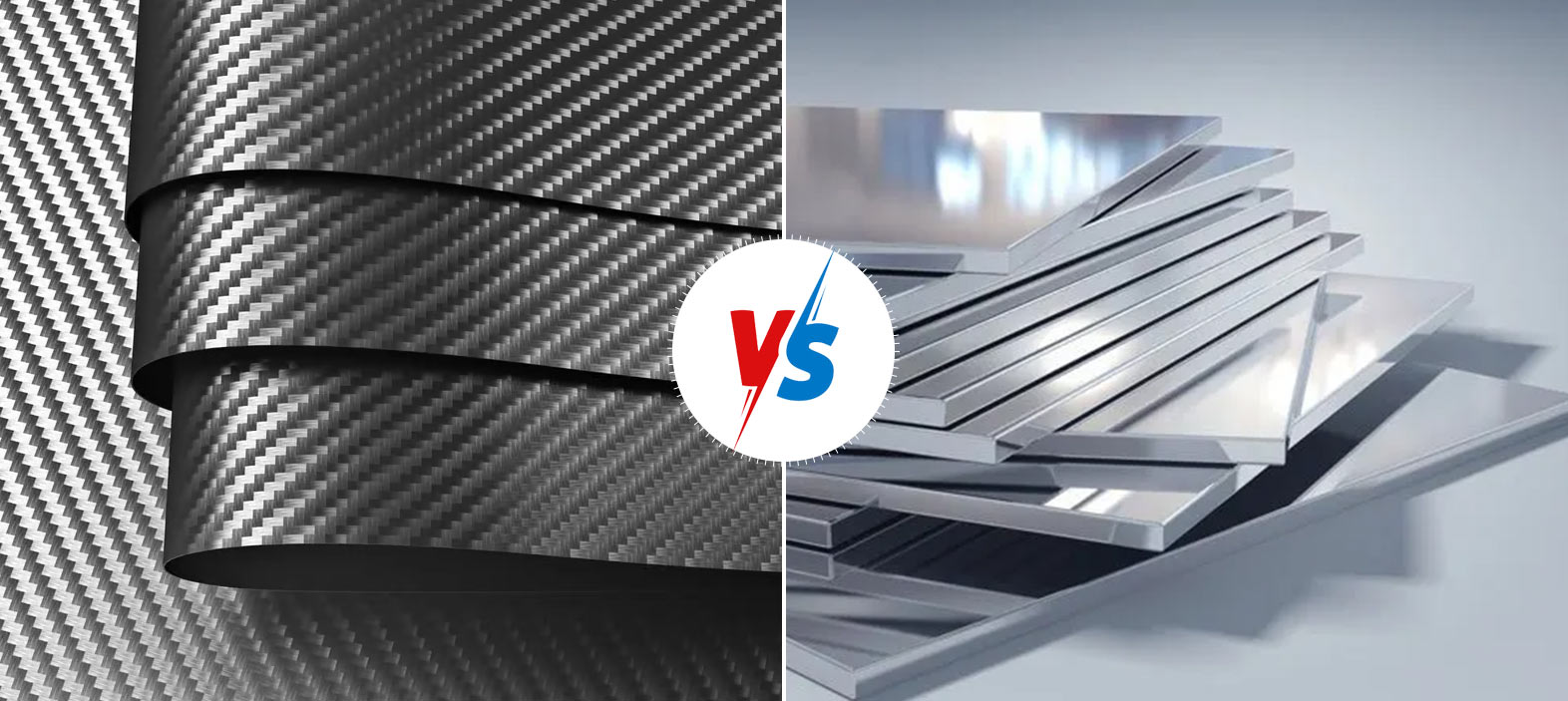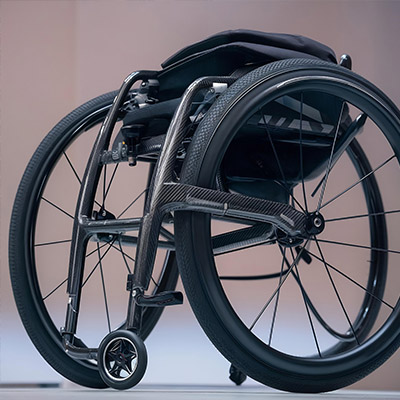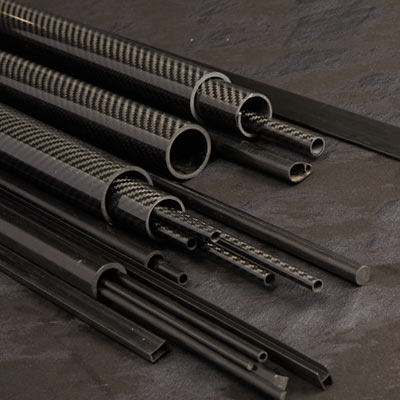
Carbon Fiber vs. Aluminum: Pros and Cons
👁 Reads: 1742
Carbon fiber and aluminum are two popular materials used for making structures and components in a variety of industries. They have different properties and advantages which make them ideal for different applications. Understanding the pros and cons of each material will help you determine which is right for the product you are designing and manufacturing.
Carbon Fiber vs. Aluminum
Carbon fiber vs. aluminum: which is better? This is a highly debated question within the automotive and aerospace industries. Carbon fiber is an incredibly strong and lightweight material that is becoming increasingly popular in the construction of vehicles, but its high cost makes it difficult to use in mass production applications. Aluminum, on the other hand, is inexpensive, durable, and recyclable. So which material is right? To help you decide, we’ve broken down the pros and cons of carbon fiber and aluminum.
Carbon Fiber sheets Pros
- Carbon fiber is extremely light yet strong, making it an ideal material for vehicles that require speed and agility.
- Its strength-to-weight ratio is incredibly high, making it the ideal material for many applications such as aircraft and automobile parts, sporting equipment, and tools like carbon fiber rods.
- It is also corrosion-resistant, meaning that is more durable than aluminum and can withstand harsh weather conditions.
- Carbon fiber is also easy to work with and can be shaped into a variety of designs.
Carbon Fiber Cons
- Carbon fiber can be expensive, making it cost-prohibitive for some applications. Due to the complexity of the manufacturing process and the specialized materials used, it is much more expensive than aluminum
- It is also not as strong as aluminum, meaning that carbon fiber composites may not be suitable for heavier vehicles or structures.
- Carbon fiber is also prone to cracking, which can make it difficult to repair.
Aluminum Pros
- Aluminum is a soft and lightweight metal which makes it ideal for a variety of applications.
- It is much cheaper to produce than carbon fiber and is also much easier to repair.
- It is also highly resistant to corrosion and lasts longer than many other metals.
- In addition, aluminum can be formed into any shape, making it a great choice for making components with intricate designs.
Aluminum Cons
- Aluminum is heavier than carbon fiber, making it less suitable for speed and agility-driven vehicles.
- It is also prone to corrosion, meaning that it may not be able to withstand harsh weather conditions.
- Aluminum is also not as easy to repair as carbon fiber tubes, making it more difficult to maintain. It is also more prone to denting and scratching than carbon fiber.
Summing up,
In conclusion, both carbon fiber and aluminum have their own pros and cons, so it is important to consider them carefully when making a decision. Depending on the application and the desired outcome, one material may be better than the other. A thorough analysis of the pros and cons of both materials should be done before making a decision. Carbon fiber is much lighter than aluminum, but it is also more expensive and not as malleable. Aluminum is cheaper and can be shaped into various forms, but it is also heavier and more prone to corrosion. Ultimately, the best choice will depend on the application and the desired outcome.





